WASHINGTON – A panel of experts said the Internal Revenue Service (IRS) targeting of conservative groups is just the latest in a series of attacks against political opponents of President Obama that date all the way back to 2008.
Kimberley Strassel, a columnist for the Wall Street Journal, said the IRS targeting scandal is only the latest type of political attack that ties directly to Obama’s campaign style before his presidency.
“The best way to look at this is as a continuum of a very long and determined political strategy that dates back to 2008 and a man named Barack Obama,” Strassel said.
Speaking at the Heritage Foundation on Friday, Strassel argued that “this is a president and his team of political operatives who have always understood the power of speech, but more importantly, the power of denying it to their political opponents.”
While the Obama administration has blamed the targeting of conservative organizations on confusion among IRS officials about how to apply the rules governing 501(c)(4) nonprofit organizations, Strassel said that the “IRS officials were hyper aware of the political environment.” She referenced an email from an IRS employee in the Cincinnati field office which read “recent media attention to this type of organization indicates to me that it’s a high-profile case.”
Strassel said Obama’s main strategy is to attack groups supporting his political opponents by questioning the legal basis of their practices. The rhetoric of “shadowy conservative groups” pushed by Obama and the pro-regulation community had proliferated before the IRS scandal, creating a stigma that anonymous political donations are inherently dubious. This created suspicion in these organizations that led to the targeting of the conservative groups by the IRS without the need of a direct order from the president, Strassel said.
“The president didn’t need a telephone, he had a megaphone,” she said.
Last November, the IRS proposed changing its rules governing the political speech of 501(c)(4)s. Such groups face few clear-cut rules regarding their campaign activities, other than that they cannot exist primarily to influence elections. Under current rules, these organizations may not spend more than half of their budgets to explicitly support a candidate.
The IRS proposed new rules about six months after the agency was accused of unfairly scrutinizing tea party groups seeking tax-exempt status.
Cleta Mitchell, a lawyer who represents tea party groups that were targeted by the IRS for extra scrutiny, said it was not accidental that the rules were published in the Federal Register the Friday after Thanksgiving.
“Agencies are required to tell the public what rules they are contemplating,” Mitchell said. “These rules were developed off-plan, there was no notice prior to the time when they popped up during Thanksgiving week.”
Mitchell said the timing of the announcement “cost us about 40 percent of the comment period” because “there was no way of getting people mobilized until after the first of year.”
Nevertheless, Mitchell praised the response of grassroots groups, saying there have been almost 70,000 comments on the rules and she expects more groups to file more comments in the following days. Most of the comments have been in opposition to the proposed rules.
Mitchell said she submitted a Freedom of Information Act request seeking all the internal and external documents the administration used while drafting the newly proposed rules. The IRS said it would not be able to produce the documents until April 7, which is well after the comment period ends on Feb. 27.
“I have not been aware until I got involved in this, the extent to which the IRS contends on a regular, customary basis that federal laws that have been enacted by Congress just simply do not apply to [them],” Mitchell said.
Mitchell sent a letter to the Office of Management and Budget (OMB) in January on behalf of tea party groups requesting that the IRS and the Treasury Department look into whether the proposed rules comply with the Paperwork Reduction Act, Regulatory Flexibility Act, and other related executive orders.
“Such things as the Administrative Procedures Act, which all federal agencies are supposed to be bound by, guarantees notice and hearings and due process rights to the citizens. The IRS says that doesn’t apply to them,” Mitchell said. “‘The Paperwork Reduction Act doesn’t really apply to us’ — that’s what they told the OMB. They did no analysis under the Regulatory Flexibility Act.”
Bradley A. Smith, chairman of the Center for Competitive Politics, said the new rules are “campaign finance regulation disguised as tax regulation.”
“These rules have nothing to do with raising federal revenue. If these rules were adopted revenue will not go up, it will not go down. The tax burden of particular groups will not go up, it will not go down, or at least it doesn’t need to,” he said.
In 2010, the U.S. Supreme Court decided Citizens United v. Federal Elections Commission, which overturned many previous restrictions on campaign spending and allowed nearly unlimited spending by corporations and other groups to influence elections.
After Citizens United, the Senate was unable to pass the Democracy Is Strengthened by Casting Light on Spending in Elections (DISCLOSE) Act, sponsored by Sen. Charles Schumer (D-N.Y.). This led Democrats to turn their attention to the tax code to push their campaign finance reform through the IRS and circumvent Republicans, Smith said.
He said these rules would likely force many organizations to file under Section 527 of the tax code, which provides for political organizations.
“That would give them more reporting burdens and most importantly it would require that they disclose the name of their donors,” Smith said.
Eliana Johnson, media editor at the National Review, argued that the burden of these regulations would fall on Republican groups more than Democratic groups.
“The Republicans have an enormous advantage in 501(c)(4) giving,” Johnson said.
House Ways and Means Committee Chairman Dave Camp (R-Mich.) has introduced legislation that would halt the rules process for one year until the committee wraps up its investigation of the scandal. The House is set to vote on the bill this week.


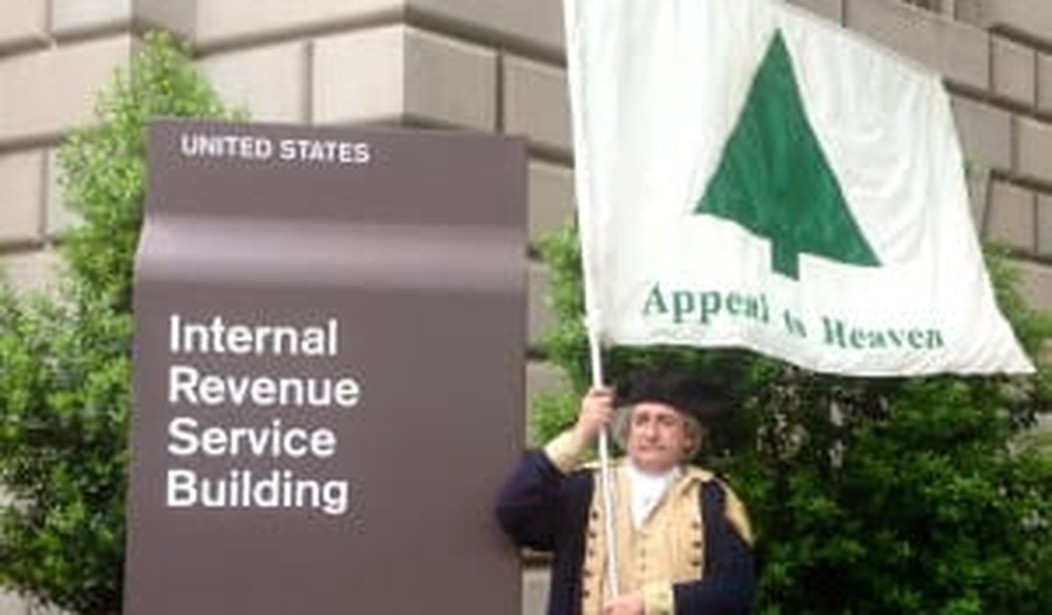
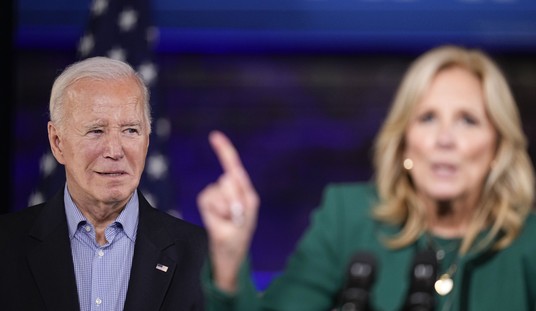
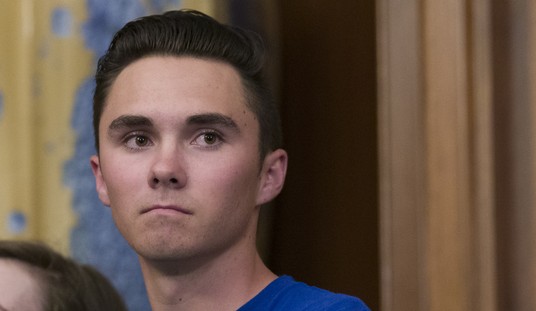
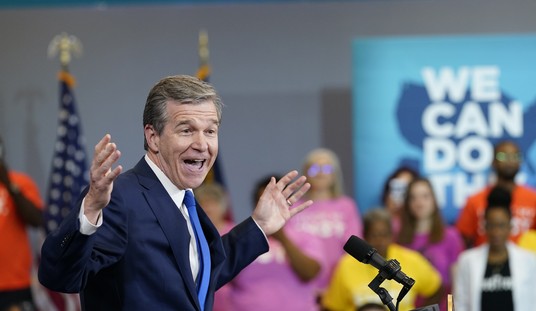

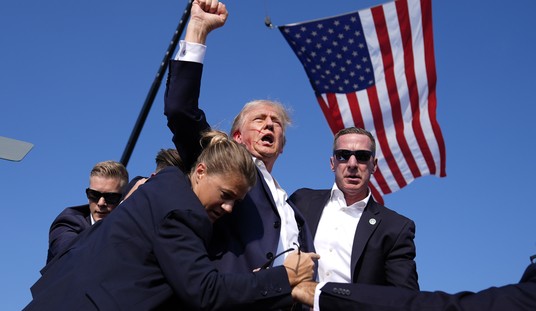

Join the conversation as a VIP Member